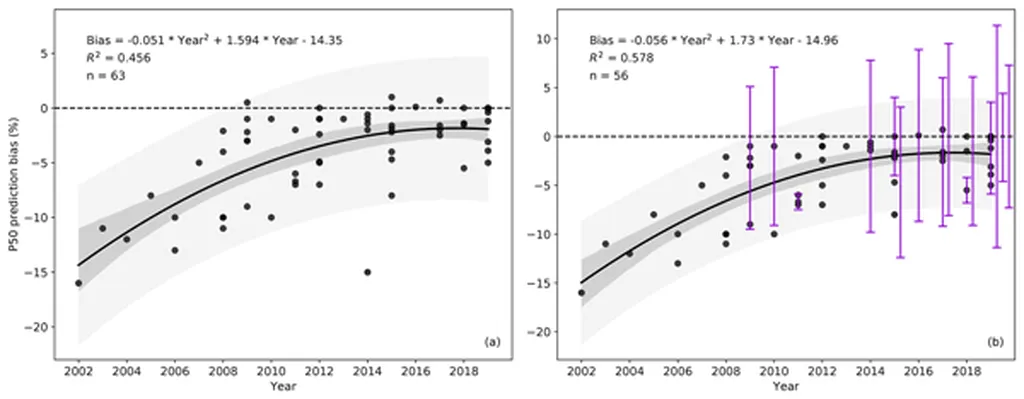Researchers Johannes Nicklaus, Lea Brass, and Gunnar Schubert from the University of Bayreuth in Germany have developed a method to optimize the operation of energy-intensive industries, such as foundries, in the face of uncertain wind power and variable electricity demand. Their work, published in the journal “Energy,” focuses on improving the reliability and efficiency of industrial energy systems that also generate power, known as beneficial power units.
The team studied a modern foundry, which has significant and variable electricity demand and high thermal output. The system incorporates thermal storage and operates under rolling forecasts, leading to a sequential decision-making framework. To address uncertainty in key parameters, such as wind power availability, the researchers formulated chance-constrained optimization problems. These problems limit the probability of critical constraint violations, like unmet demand requirements or exceeding system boundaries.
To reduce computational effort, the researchers replaced direct uncertainty handling with a parameter-modified cost function. This approach approximates the underlying risk structure, making the optimization process more efficient. The method was validated through a numerical case study, demonstrating the trade-offs between operational efficiency and reliability in a stochastic environment.
The practical applications of this research for the energy sector are significant. Energy-intensive industries can use this method to optimize their operations, improving efficiency and reliability while integrating more renewable energy sources like wind power. This can lead to reduced energy costs, increased use of renewables, and improved grid stability. Moreover, the approach can be applied to other industrial processes and energy systems with similar characteristics, making it a valuable tool for the broader energy industry.
This article is based on research available at arXiv.

